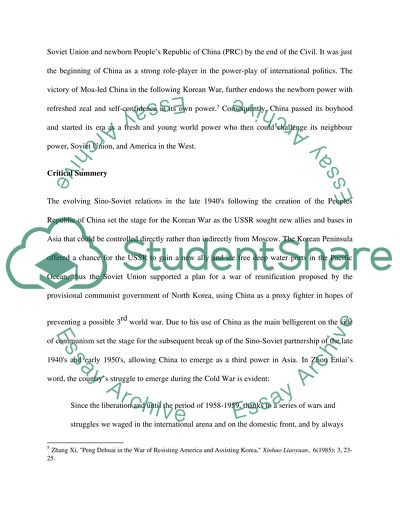Cite this document
(“The Emergence of China and/or The Tri-polar World (during the Cold Essay”, n.d.)
Retrieved from https://studentshare.org/environmental-studies/1413889-the-emergence-of-china-and-or-the-tri-polar-world
Retrieved from https://studentshare.org/environmental-studies/1413889-the-emergence-of-china-and-or-the-tri-polar-world
(The Emergence of China and/Or The Tri-Polar World (during the Cold Essay)
https://studentshare.org/environmental-studies/1413889-the-emergence-of-china-and-or-the-tri-polar-world.
https://studentshare.org/environmental-studies/1413889-the-emergence-of-china-and-or-the-tri-polar-world.
“The Emergence of China and/Or The Tri-Polar World (during the Cold Essay”, n.d. https://studentshare.org/environmental-studies/1413889-the-emergence-of-china-and-or-the-tri-polar-world.


